7 Recipes to Fight Food Waste

According to the Natural Resources Defense Council, 40% of food in America goes uneaten.
It’s true, using the best parts of the best ingredients and transforming them into something delicious is, frankly, pretty easy to pull off. However, many think that doing the same with the scraps left behind surely must require some combination of sorcery and frivolity.
But now is the time to turn over a new leaf and make a greater effort to fight food waste. It’s time to get on board with the root-to-stem food trend slated to take over this year and stop throwing out roots, stems, leaves and the other perfectly good parts of fruits and vegetables. Whether you take to the kitchen to experiment on your own or learn from the best chefs in the business with an online cooking class or some cooking classes near you, these recipes will undoubtedly introduce you to new flavors and textures from old favorites — all while fighting food waste. You can find hands-on classes around the world, from cooking classes in Rome to cooking classes in NYC and beyond.
Check out these seven recipes to help you not scrap so many scraps, and to take a bite out of food waste.
1. Vegetable Stock
Brewing your own vegetable stock from scratch is incredibly simple and guaranteed to beat anything you buy in a store. Just keep a gallon bag in your freezer and throw in leftover scraps as you cook. Think ends of onions, carrot peels, herbs that are on their last leg, etc. Once you’ve filled up the bag, you can create a homebrewed vegetable stock with minimal effort. Plus, this stock serves as a blank canvas for an untold number of ingredients you are trying to use up, like that juicy chicken sitting in the refrigerator.
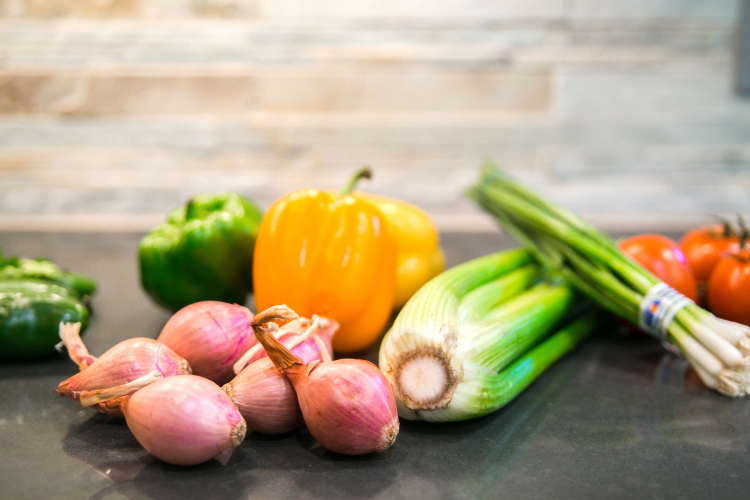
2. Beet Greens Pesto
Beet greens are completely edible and super nutrient-dense, but they can be a little too bitter as a solo salad base. Transforming beet greens into a pesto and combining them with other high-flavor ingredients, like Parmesan, is the perfect way to mask their bitterness and harness their earthy goodness. Try this delicious recipe from Fork in the Road to whip up beet greens pesto in no time. And don’t even think about tossing that Parmesan rind. Save it to throw in that vegetable stock you’re going to make later!
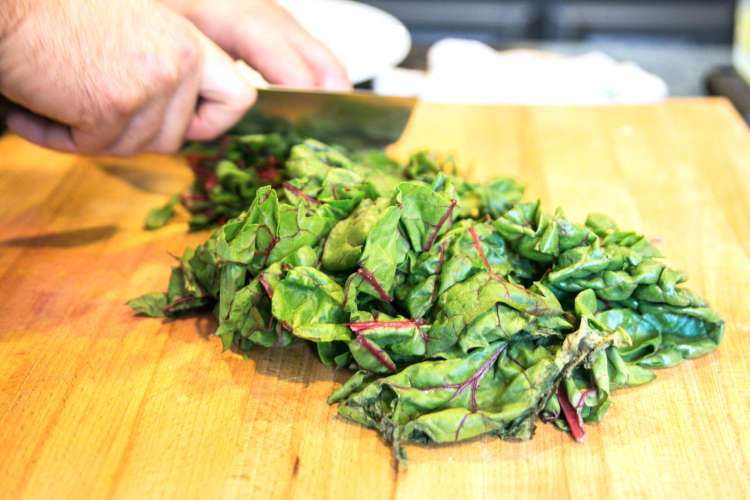
3. Chard Stalk Hummus
Another ingredient you’ve likely been tossing is actually the key to smoother hummus dip. The way chard stalks play off the bright lemon, smoky tahini, and fiery garlic is a delicious and resourceful way to use up the stalks from your chard bounty. If you need to trick someone into eating vegetables, use Swiss chard to create a classic hummus-colored beige dip — try this simple recipe from Healthy Slow Cooking. And for a vibrant pink dip — taste the rainbow…chard.
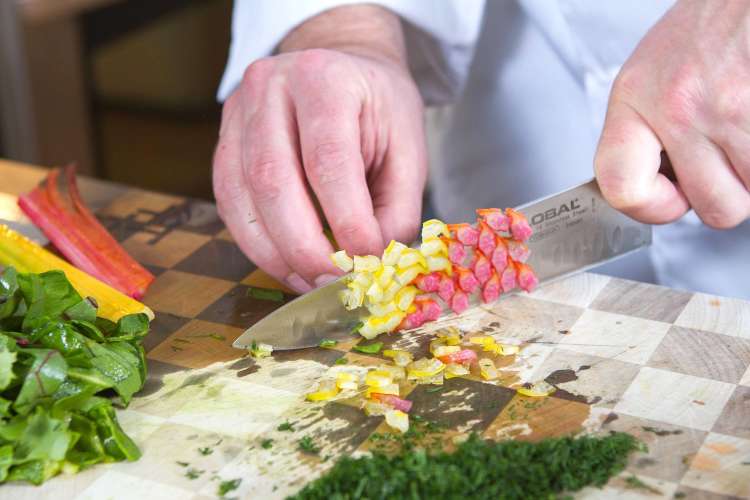
4. Broccoli Stem Slaw
Broccoli crowns have always reigned supreme, but the overlooked stems have a mild, buttery flavor and a crispy, juicy texture that you should never discard. If you give broccoli stems a chance, they can be every bit as delicious — and arguably more satisfying — than the florets. The key is to let their natural texture shine. The crunchy sweetness of broccoli stems also boast a good bite that makes them the star of this slaw recipe from the NY Times.
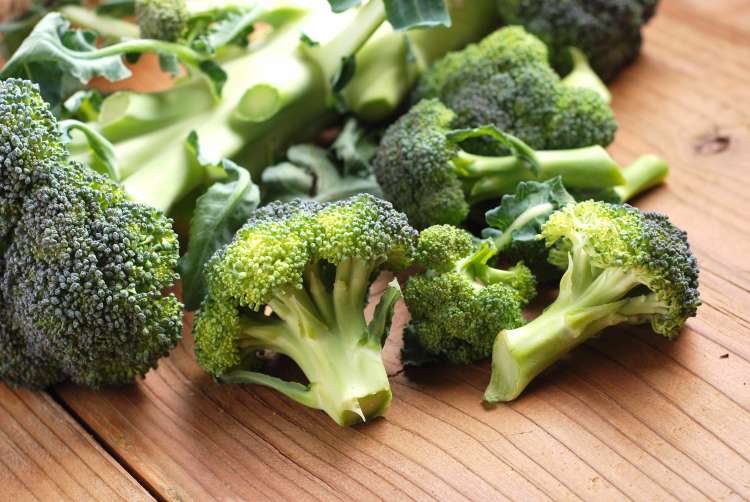
5. Pineapple Core Crisps
Carving up a pineapple to extract that juicy, sweet, tartly tropical flesh is well worth the effort, but it unfortunately produces a lot of waste. So, for a fruity, fiber-packed snack, simply cut the core into thin slices, toss in the oven, and dehydrate until you end up with beautiful yellow petal-looking snacks. For bonus points, don’t toss the peel either, as it can be used to make a refreshing, tropical iced tea!
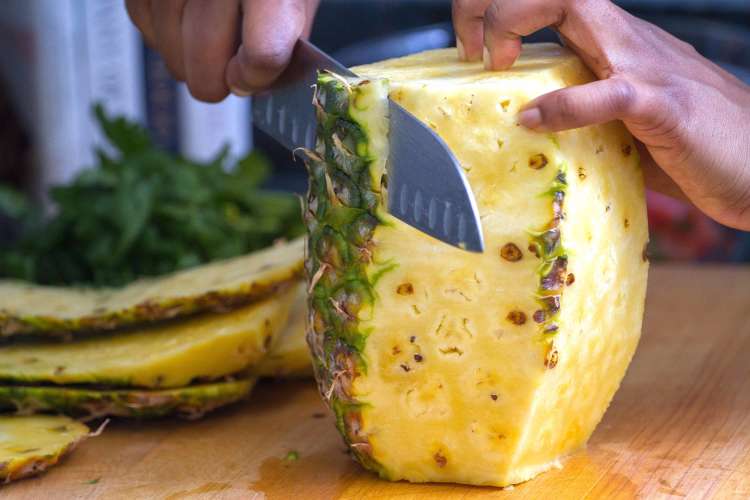
6. Bread Pudding
Bread pudding is where leftover stale bread gets a second chance at greatness. Instead of tossing your decaying loaf of bread, follow its dying wishes and reincarnate it as the ultimate warming comfort food dessert. You can turn fading bread into one fabulous, crowd-pleasing dish complete with soft, custard-soaked middles and crunchy caramelized edges.

7. Apricot Pit Ice Cream
Stone fruit pits are one kitchen scrap that’s easy to toss without a second thought, but the seeds inside the pits are actually quite useful. They can be added to jams or biscotti, and used as a flavoring agent in liqueurs, desserts, and in this ice cream recipe from Food52. The essence of the apricot pits gives this ice cream a well-rounded nutty flavor that hints at an amazingly richly flavored almond extract — and it is delicious.
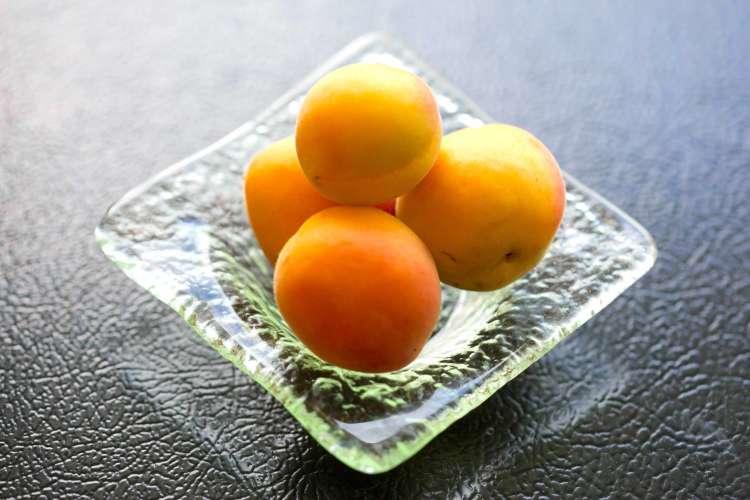
Food waste is a big issue to tackle, but even the smallest of efforts can add up and create considerable change. By committing to be intentional about using every part of fruits and vegetables, from stems and stalks to pits and peels, you can turn what would be trash into a recipe to treasure!




